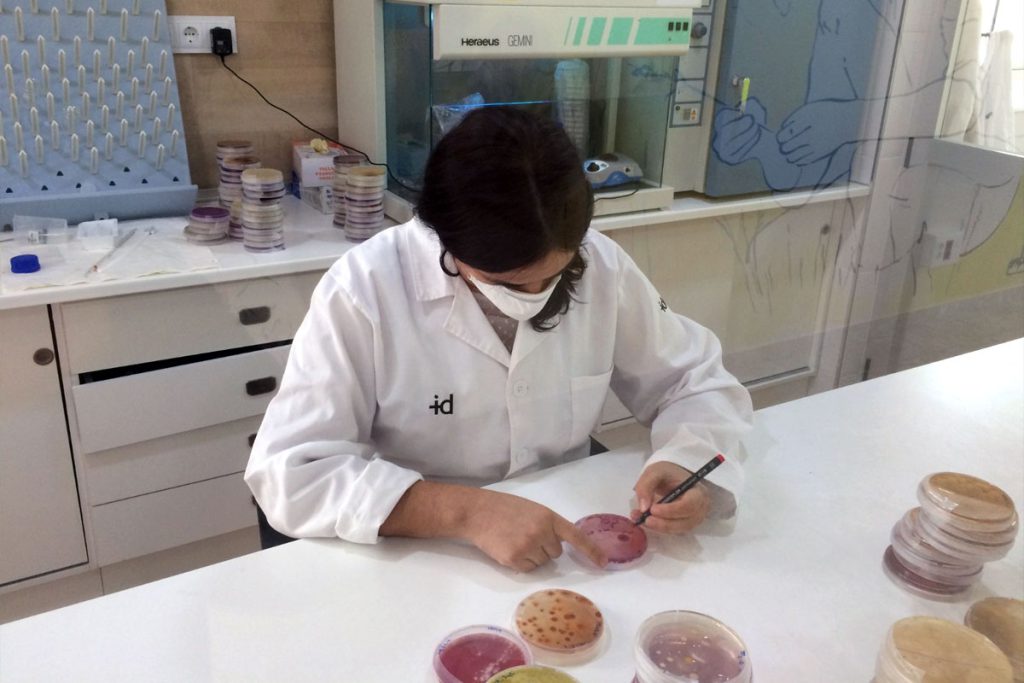Ideagro has been recognized as a national reference laboratory in the FAO Global Network of Soil Laboratories (GLOSOLAN) as well as in the International Fertilizer Analysis Network (INFA).
With this distinction, Ideagro assumes the responsibility of conducting the activities of the FAO network at the national level and transferring the knowledge acquired to other laboratories in compliance with GLOSOLAN's objective of improving the capacities of research centers in the field of soil analysis.
Through the network, Ideagro participates in the harmonization of standard operations, in the promotion of good practices and in supporting other countries and laboratories in the development of their capacities.
Ideagro will cooperate in the construction of a representative and balanced soil database, and in the provision of a free and easy-to-use service on soil properties.
In addition, the FAO network has recently assumed the task of controlling the quality of fertilizers, for which the International Fertilizer Analysis Network (INFA) has been created, of which Ideagro is also a reference laboratory.
INFA's work on the harmonization of fertilizer analysis methods and the implementation of an international code of conduct for their sustainable use supports the Sustainable Development Goals and FAO's mandate on food security and nutrition.
The importance of GLOSOLAN AND INFA
Soil is an essential resource for food production, yet it is under great pressure due to population growth. It is estimated that 33% of the soils are degraded worldwide.
To alert about its deterioration, on December 5, World Soil Day is called, which, on this occasion, calls to stop the salinization processes, which already affect 833 million hectares worldwide, 8.7% of the planet's surface.
Despite its importance, the soil has not received the necessary attention since it was considered an infinite resource. However, FAO maintains that the reality is quite different and there is an urgent need to raise awareness of its importance and use it sustainably.

Build trust in the field
Investing in more efficient laboratories and harmonized data has regional, national and global implications. GLOSOLAN is presented as an effective way to generate confidence in decision-making both in the field and in the political sphere; to establish international indicators; to manage the soil sustainably; to support the establishment of a National Soil Information System that can feed into the Global Soil Information System (GLOSIS); to assist laboratory equipment manufacturers in improving their products; to identify research vacancies, and to increase investment in this field.
Since its creation in December 2012, the GOLOSAN network has become a strong alliance where global soil issues are discussed and addressed by all stakeholders. There are different areas of work related to biodiversity, erosion, fertility, pollution or soil salinity, among others.
This recognition from FAO represents a further step in Ideagro's commitment to the transfer of knowledge and the promotion of soil health and increased biodiversity.










